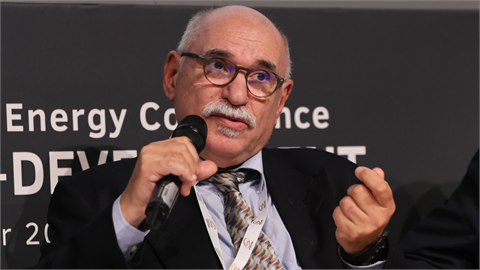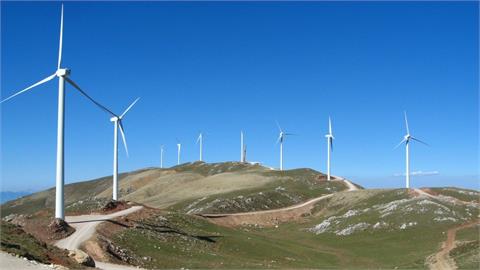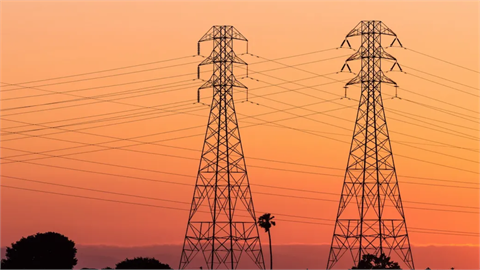Following latest developments in Serbia’s energy sector, IENE has prepared and sent to its members an Energy Country Update with well-researched and useful information
Following latest developments in Serbia’s energy sector, IENE has prepared and sent to its members an Energy Country Update with well-researched and useful information.
Over the last year or so, it has become apparent that the West is stepping up its efforts to counter Russia's energy-fueled influence in the Balkans and Central Europe. As Russia and the West continue to compete for influence in the Balkans, Serbia's orientation will ultimately depend upon the European Union's willingness to speed up accession negotiations and finance a series of energy and infrastructure projects in the country.
For a very long time Serbia has been heavily dependent on Russian energy. However, as stated in this latest IENE country update report, the country is now looking towards the West for growth for its energy market.
In this Energy Country Update, Serbia’s emerging infrastructure options are being examined with special reference to gas, following the recent signature of the Bulgaria-Serbia Gas Interconnector Agreement.
As the Country Update stresses, given the hugely constructive role that an integrated regional energy system may exert on the region’s economic and social development, Serbia, through its consistent and successful efforts in electricity market reforms, today plays a key role in the energy market transformation of the broader region.
Moreover, this IENE report refers to the anticipated investments by European funding bodies so that Serbia can achieve rapid economic recovery and development of its energy sector.
Last, but not least, IENE’s Energy Country Update on Serbia addresses the geopolitical significance of the energy developments in the country, as it is located in the Eurasian borderlands with long-standing cultural and economic ties with Russia. Although Belgrade will continue balancing between Moscow and the West, nonetheless, amid the confrontation with Russia over Ukraine and competition for influence in the Balkans, Western governments are likely to gain influence in the region only by providing the necessary political and financial backing for energy diversification projects in Serbia.




